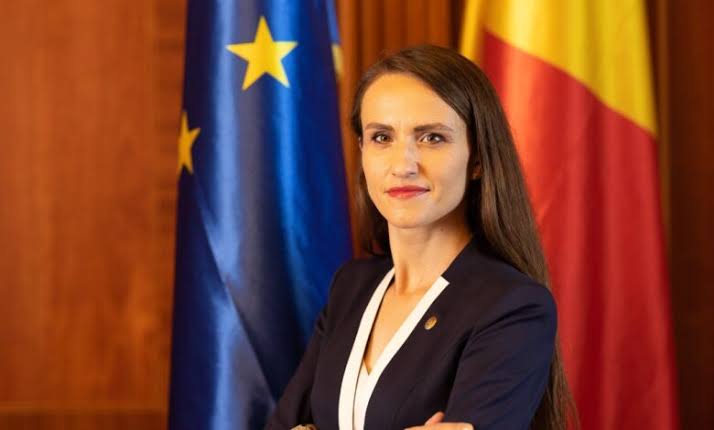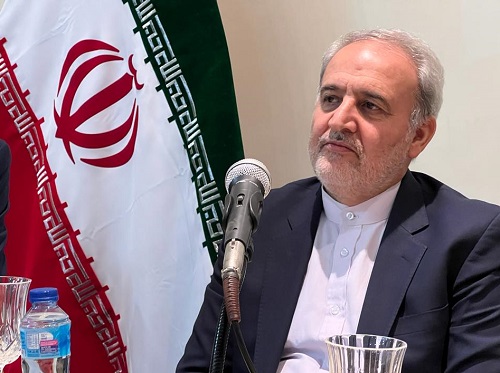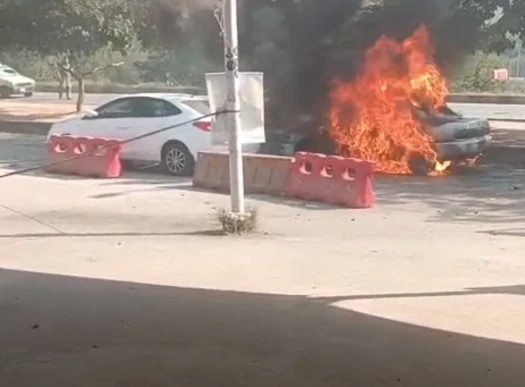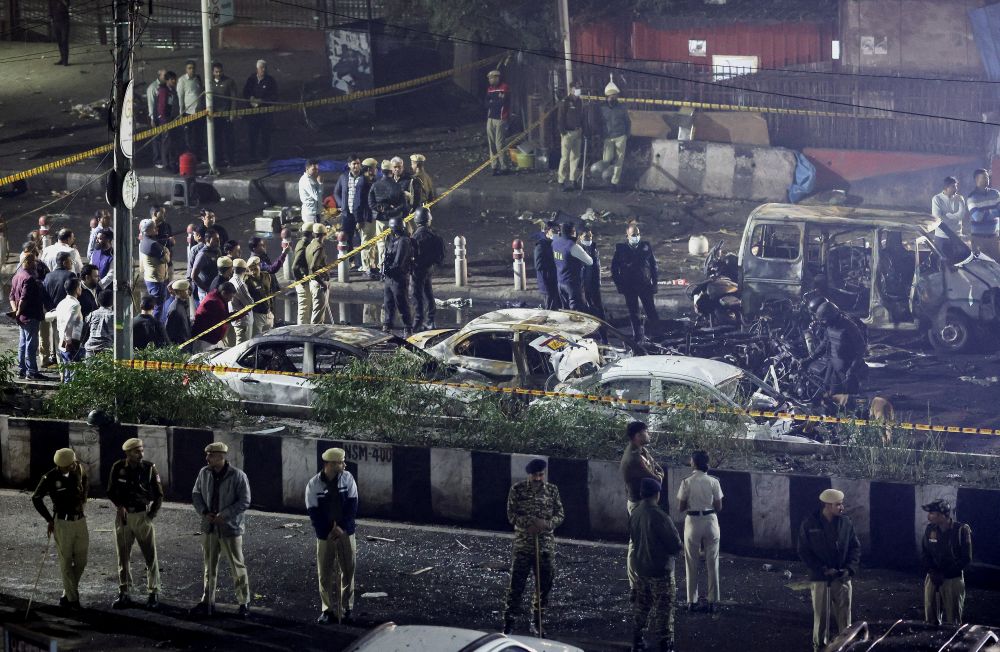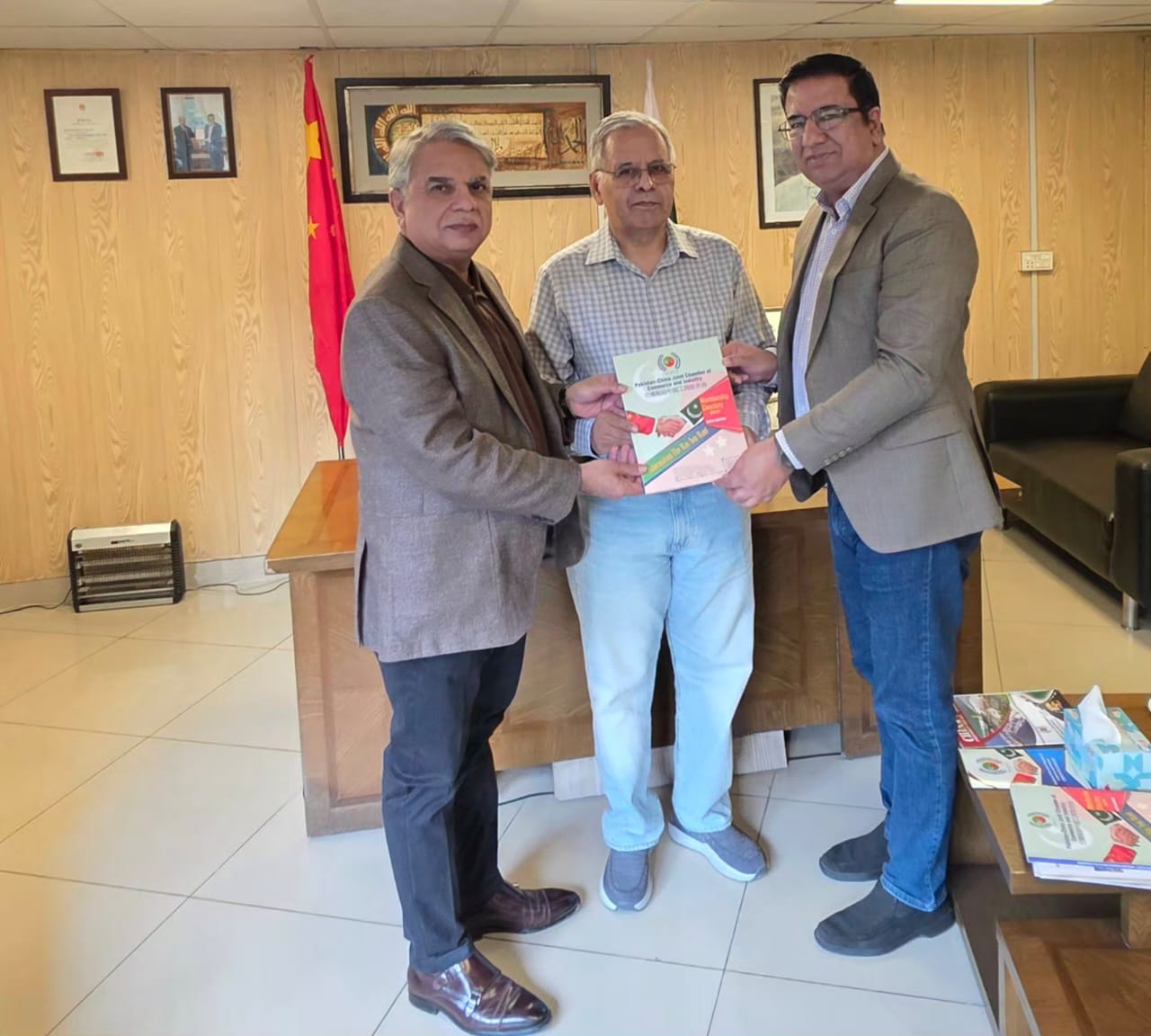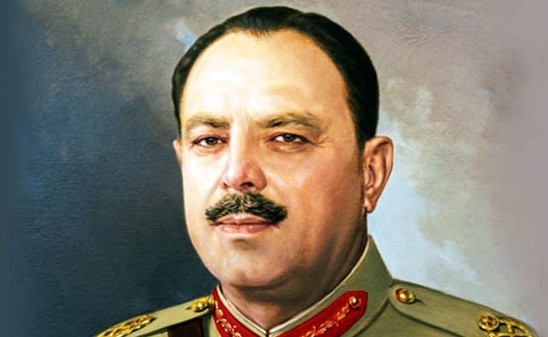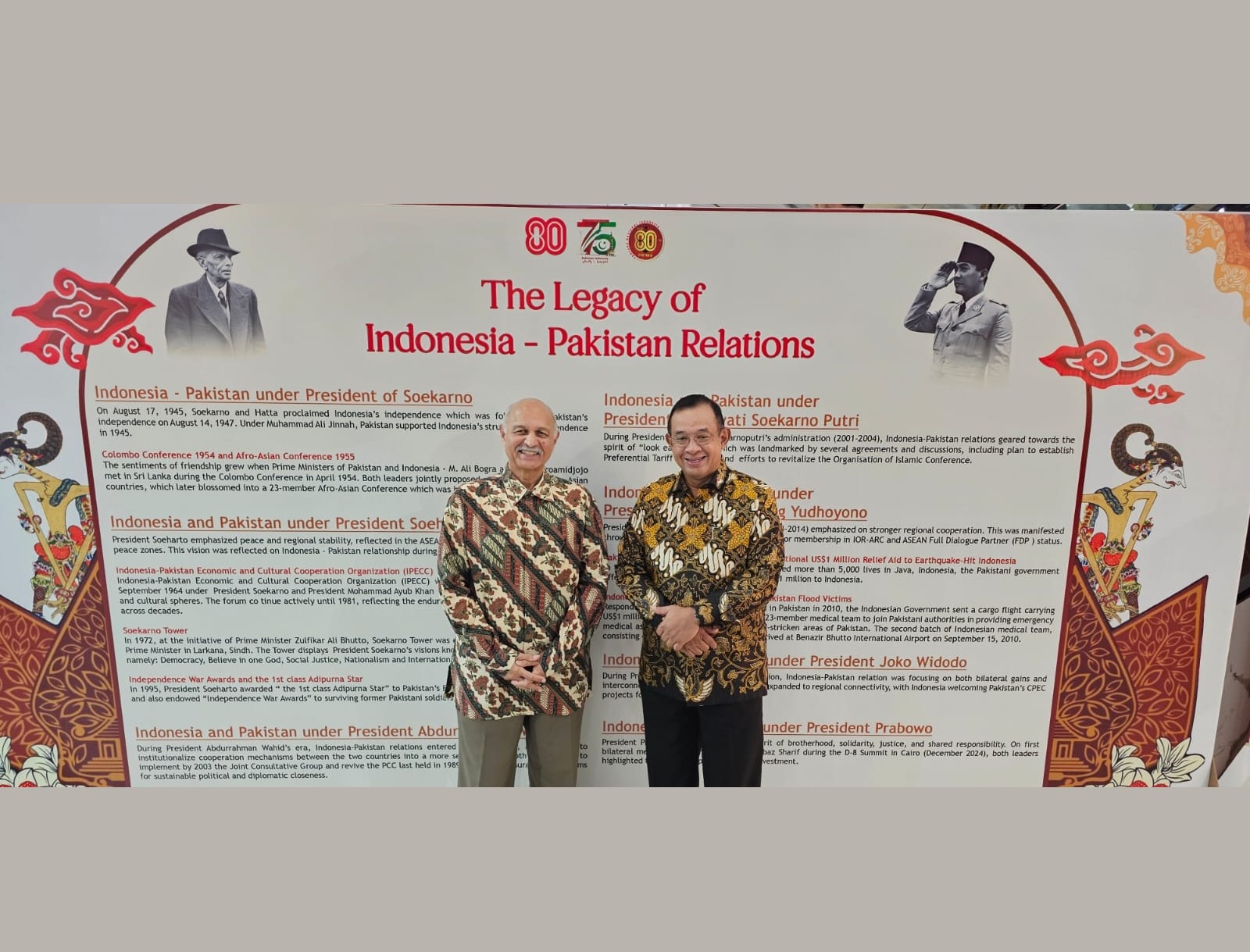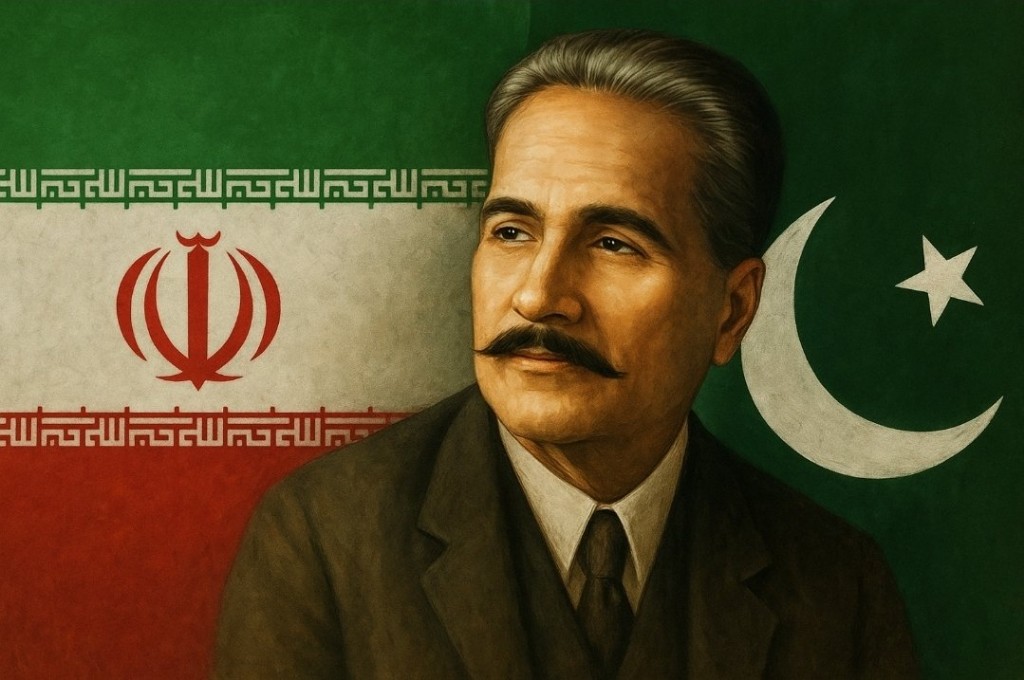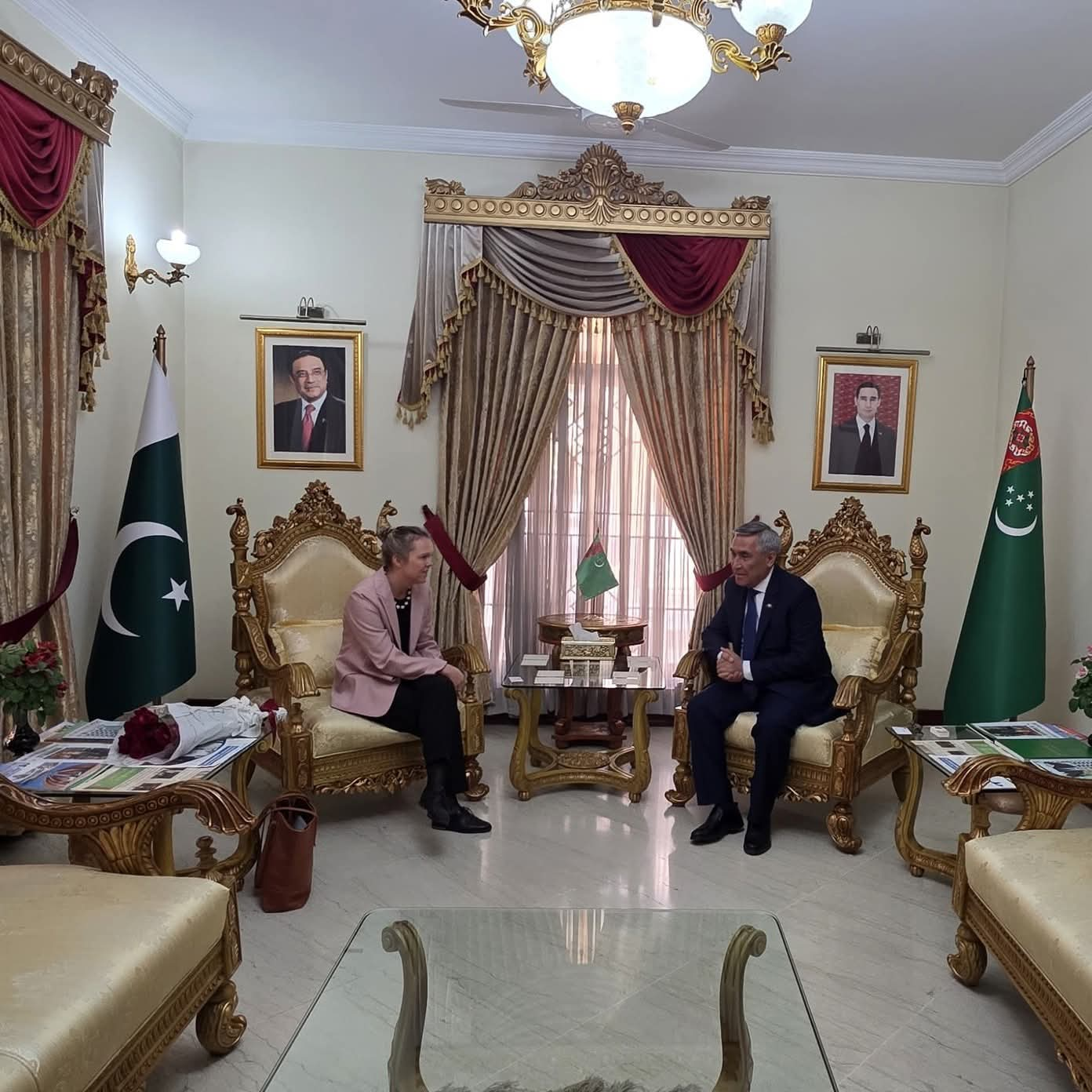The contemporary global landscape is characterized by shifting power dynamics, technological disruption, and an increasing emphasis on regional blocs as drivers of economic growth and political stability. In this context, Pakistan finds itself uniquely positioned at the crossroads of South Asia, Central Asia, and the Middle East, offering unprecedented opportunities to serve as a bridge between diverse civilizations and economic systems.
The concept of regional cooperation has evolved from mere diplomatic courtesy to an economic necessity. As global supply chains reconfigure and new trade routes emerge, nations that can effectively leverage their geographic advantages while building strong regional partnerships stand to benefit significantly. Pakistan’s strategic location, combined with its growing infrastructure capabilities and diplomatic initiatives, positions it as a key player in shaping the future of Eurasian connectivity.
The establishment of the Pakistan Research Center for a Community with Shared Future (PRCCSF) represents a tangible commitment to this vision. As a joint initiative with the Communication University of China, PRCCSF has emerged as a leading think tank dedicated to fostering regional cooperation, cultural exchange, and sustainable development across the Belt and Road Initiative (BRI) framework.
Pakistan’s Strategic Position in Regional Cooperation
Pakistan’s geographical location has historically made it a natural conduit for trade and cultural exchange. Today, this advantage is being systematically leveraged through multiple regional platforms and initiatives. The country’s membership in key regional organizations, including the Shanghai Cooperation Organization (SCO), South Asian Association for Regional Cooperation (SAARC), and the Organization of Islamic Cooperation (OIC), provides multiple avenues for diplomatic and economic engagement.
The successful hosting of the 23rd SCO Council of Heads of Government meeting in Islamabad in October 2024 demonstrated Pakistan’s growing diplomatic maturity and its ability to facilitate meaningful regional dialogue. The summit, held under the theme “Strengthening Multilateral Dialogue – Striving Towards Sustainable Peace and Prosperity,” brought together leaders from across Eurasia to discuss common challenges and opportunities.
Pakistan’s approach to regional cooperation is characterized by its emphasis on economic integration rather than geopolitical competition. This pragmatic stance has enabled the country to maintain productive relationships with diverse partners, from China and Russia to Central Asian republics and Middle Eastern nations, while simultaneously strengthening ties with traditional allies.
The PRCCSF Vision: Building a Community with Shared Future
The Pakistan Research Center for a Community with Shared Future embodies a transformative approach to regional cooperation that transcends traditional diplomatic boundaries. Under the leadership of Executive Director Khalid Taimur Akram, PRCCSF has established itself as a premier platform for policy dialogue, academic research, and people-to-people connections across the Eurasian region.
The center’s vision of a “Community with Shared Future” is grounded in the belief that sustainable prosperity can only be achieved through collaborative frameworks that address common challenges while respecting national sovereignty and cultural diversity. This philosophy aligns closely with global trends toward multilateralism and sustainable development, making it particularly relevant in today’s interconnected world.
PRCCSF’s work extends beyond traditional think tank activities to include practical initiatives in cultural exchange, educational cooperation, and business facilitation. The center has organized numerous conferences, published extensively on regional cooperation themes, and facilitated high-level diplomatic exchanges that have contributed to strengthening Pakistan’s regional relationships.
The center’s research focuses on key areas including green development, technological innovation, infrastructure connectivity, and cultural diplomacy. Through partnerships with universities, research institutions, and government agencies across the region, PRCCSF has created a network of knowledge sharing that enhances mutual understanding and identifies concrete opportunities for collaboration.
Opportunities in Trade and Economic Integration
CPEC Phase II and the Five Corridors Framework
The China-Pakistan Economic Corridor has entered a new phase of development with the launch of CPEC Phase II, which emphasizes sustainable growth through five key corridors: Growth, Innovation, Green Development, Livelihood, and Regional Connectivity. This expanded framework represents a maturation of the partnership beyond traditional infrastructure development to encompass comprehensive socio-economic transformation.
The Growth Corridor focuses on enhancing Pakistan’s industrial capacity through technology transfer, manufacturing partnerships, and value chain integration. Recent developments include the establishment of special economic zones (SEZs) along the CPEC route, which are expected to generate significant employment opportunities and attract foreign investment from multiple countries beyond China.
The Innovation Corridor emphasizes knowledge transfer and technological advancement, with particular focus on digital infrastructure, artificial intelligence, and renewable energy technologies. These initiatives position Pakistan as a potential hub for technological innovation in South Asia, creating opportunities for regional technology sharing and collaborative research and development.
Shanghai Cooperation Organization Economic Cooperation
Pakistan’s active participation in the SCO has opened new avenues for economic cooperation with Central Asian republics, Russia, and other member states. The organization’s focus on trade facilitation, energy cooperation, and connectivity projects aligns well with Pakistan’s development priorities and geographic advantages.
The SCO framework has facilitated several important initiatives, including discussions on the creation of a development bank, expansion of local currency trading arrangements, and the development of preferential trade agreements among member states. Pakistan’s role in these discussions has been constructive, often serving as a bridge between different regional perspectives and priorities.
Intra-Regional Trade Enhancement
Despite the significant potential for intra-regional trade in South Asia, current levels remain disappointingly low compared to other regional blocs. Pakistan has identified this as a key area for policy intervention and has been working to address both tariff and non-tariff barriers that impede regional commerce.
Recent initiatives include the development of border trade facilities, harmonization of customs procedures, and the establishment of cross-border payment systems that facilitate smaller traders and businesses. These efforts are particularly important for enhancing trade with Afghanistan, Iran, and Central Asian countries, where geographic proximity offers natural advantages for Pakistani exporters.
Infrastructure Development and Connectivity
Transportation Networks and Corridor Development
Pakistan’s infrastructure development strategy emphasizes the creation of multimodal transportation networks that connect South Asia with Central Asia, the Middle East, and beyond. The development of Gwadar Port as a deep-sea facility capable of handling large vessels has created new possibilities for regional trade, particularly for landlocked Central Asian countries seeking alternative routes to global markets.
The Trans-Caspian International Transport Route (TITR), also known as the Middle Corridor, has gained significant momentum, with container shipments increasing dramatically in 2024. Pakistan’s potential integration into this network through connections via Afghanistan and Iran could position the country as a crucial link in this emerging trade route.
Railway connectivity remains a priority, with projects including the ML-1 railway upgrade under CPEC and potential future connections to Central Asia through Afghanistan. The restoration of the Naibabad railway station on the Hairatan-Mazar-e-Sharif line, supported by Uzbekistan Railways, demonstrates the practical benefits of regional infrastructure cooperation.
Energy Corridors and Resource Sharing
Energy cooperation represents one of the most promising areas for regional integration, given Pakistan’s energy needs and the abundant resources available in Central Asia and the Middle East. The Turkmenistan-Afghanistan-Pakistan-India (TAPI) gas pipeline project, despite facing various challenges, remains a symbol of the potential for regional energy cooperation.
Pakistan has also explored opportunities for electricity trade with neighboring countries, including power imports from Central Asia through Afghanistan and potential grid connections with Iran. These initiatives could help address Pakistan’s energy security concerns while providing revenue opportunities for resource-rich neighbors.
Digital Infrastructure and Connectivity
The development of digital infrastructure has emerged as a critical component of regional connectivity in the 21st century. Pakistan has made significant investments in fiber optic networks, data centers, and telecommunications infrastructure that can serve as the backbone for regional digital integration.
Cross-border fiber optic connections with China, Afghanistan, and Iran have created new possibilities for data flow and digital commerce. These connections support not only trade facilitation but also educational exchanges, telemedicine initiatives, and cultural programming that enhance people-to-people connections across the region.
Cultural Diplomacy and People-to-People Connections
Cultural diplomacy has emerged as a powerful tool for strengthening regional relationships and building the social foundations necessary for sustained economic cooperation. Pakistan’s rich cultural heritage, linguistic diversity, and historical connections across the region provide significant advantages in this area.
Educational exchanges have been a particular focus, with Pakistani universities establishing partnerships with institutions across Central Asia, China, and the Middle East. These partnerships facilitate student mobility, joint research projects, and faculty exchanges that create lasting personal and professional relationships.
The media and entertainment industry also plays a crucial role in cultural diplomacy. Pakistani television dramas, music, and films have gained popularity across the region, creating soft power influence that complements official diplomatic efforts. Similarly, cultural festivals, art exhibitions, and literary exchanges help build mutual understanding and appreciation among regional populations.
Language learning programs have been established to facilitate communication across linguistic barriers. Mandarin language centers have been established in Pakistan, while Urdu language programs have been introduced in several Central Asian countries. These initiatives create the human capital necessary for sustained economic and diplomatic cooperation.
Challenges and the Way Forward
Despite the significant potential for regional cooperation, several challenges must be addressed to fully realize the vision of shared prosperity. Political instability in some regional countries, particularly Afghanistan, creates uncertainties that affect long-term planning and investment decisions. The security situation along certain border areas also poses challenges for trade and connectivity projects.
Economic disparities among regional countries create asymmetries that can complicate cooperation agreements. Different levels of industrial development, regulatory frameworks, and institutional capacities require careful consideration in designing regional initiatives that benefit all participants equitably.
Geopolitical tensions, while not directly involving Pakistan in most cases, can create regional dynamics that affect cooperation possibilities. Pakistan’s challenge is to maintain productive relationships with all regional partners while avoiding entanglement in conflicts that could undermine its role as a regional facilitator.
Addressing these challenges requires a multifaceted approach that combines diplomatic engagement, capacity building, and institutional development. Pakistan’s experience in managing complex regional relationships provides a foundation for leadership in developing solutions that can benefit the entire region.
Call for Collaborative Policy Frameworks
The realization of regional integration goals requires the development of comprehensive policy frameworks that can guide cooperation efforts while respecting national sovereignty and diverse development priorities. Pakistan is uniquely positioned to facilitate the development of such frameworks through its extensive regional relationships and diplomatic experience.
- Regional Trade Facilitation Mechanism: Establish a multilateral framework for reducing trade barriers, harmonizing customs procedures, and developing cross-border payment systems. This mechanism should include dispute resolution procedures and regular review processes to adapt to changing circumstances.
- Infrastructure Coordination Platform: Create a regional body responsible for coordinating infrastructure development projects, ensuring compatibility of technical standards, and facilitating joint financing arrangements. This platform should prioritize projects with maximum regional benefit and connectivity potential.
- Energy Cooperation Framework: Develop agreements for energy trade, grid interconnection, and joint development of renewable energy resources. This framework should include provisions for emergency energy sharing and collaborative research on clean energy technologies.
- Cultural Exchange Protocol: Establish formal agreements for educational exchanges, cultural programming, and people-to-people connections. This should include visa facilitation measures, recognition of educational qualifications, and support for language learning programs.
- Innovation and Technology Sharing Agreement: Create mechanisms for sharing technological advances, coordinating research and development efforts, and facilitating technology transfer. This should include intellectual property protections and benefit-sharing arrangements.
- Environmental Cooperation Framework: Develop joint approaches to environmental challenges, including climate change adaptation, water resource management, and pollution control. This framework should emphasize shared responsibility and mutual support for sustainable development.
The implementation of these frameworks requires strong institutional support and sustained political commitment from all regional partners. Pakistan can contribute by offering its institutions, including PRCCSF, as platforms for developing and refining these policy approaches.
Conclusion
Pakistan’s role in regional cooperation represents both an opportunity and a responsibility. The country’s strategic location, growing institutional capacity, and diplomatic relationships position it to serve as a catalyst for regional integration that can benefit all participants. The vision of a Community with Shared Future, as promoted by PRCCSF and other regional institutions, offers a framework for cooperation that respects diversity while pursuing common goals.
The success of regional cooperation efforts will depend on the ability of regional partners to move beyond traditional geopolitical thinking toward collaborative approaches that emphasize mutual benefit and sustainable development. Pakistan’s experience in managing complex
relationships and its commitment to multilateral engagement provide important assets in this endeavor.
The next decade will be crucial for determining whether the current momentum toward regional integration can be sustained and expanded. The policy frameworks outlined in this article offer a starting point for more detailed negotiations and agreements that can create the institutional foundation for lasting cooperation.
As the global economy continues to evolve toward regional integration and sustainable development, countries that can effectively participate in these trends will be best positioned for future prosperity. Pakistan’s commitment to regional cooperation, exemplified by its support for initiatives like PRCCSF and its active participation in regional organizations, demonstrates its readiness to play a leading role in shaping this future.
The vision of shared futures is not merely an aspiration but a practical necessity in an interconnected world. Pakistan’s contribution to realizing this vision will be measured not only by its own development success but by its ability to facilitate the prosperity and stability of the entire region.

Imran Bhatti, PMP, M.Phil GPP, is a distinguished policy analyst and project management professional specializing in regional cooperation and sustainable development.

